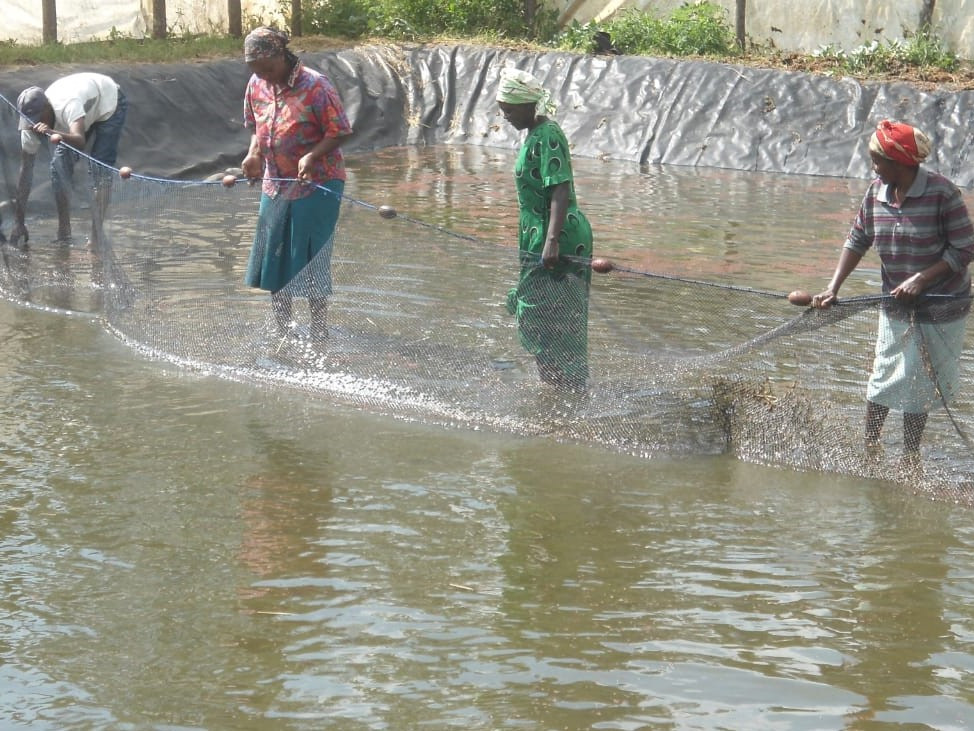A structure made of timber and iron sheets in Sinendet village, Lare ward, Nakuru County, looks abandoned as it is surrounded by shrubs, trees and other wild plantations.
It gets interesting when one sees a huge padlock on its door and inside, several hives dangle from the roof.
This is a bee house operated by Bee My Partner Youth Group, which engages in apiculture.
“Bees need a good house that shelters them from adverse weather, the sun and harsh winds. That is why we keep them in a house,” says Robert Mwangi, the chairman.
Besides bees, the group also keeps poultry and fish, where they produce mature fish and fingerlings.
“We established the group in 2017 with a view of keeping bees. We registered it with the Department of Social Services in August, 2018. Since beekeeping is seasonal, generating income at least twice a year, we diversified into poultry where we bought day-old chicks to rear them for meat,” he tells Mkulima Young.
Last year, they got word from their area’s agriculture extension officer who informed them about Vijabiz project, which supports the youth.
“We were excited but unfortunately none of the value chains we were in was prioritised by the project. Fortunately, our group patron was operating a fish pond which we often took time off our activities to help. The ponds were idle so we resolved to venture into fish farming to benefit from the project,” says Mwangi.
Through Vijabiz, they were trained on entrepreneurship, marketing, recordkeeping, use of ICT in business and developing business plans.
“We were also trained onaspects of the fisheries value chain,what came as an eye-opener. We later developed a business plan as required by the project seeking Sh1.5 million to establish a fish hatchery and expand our fish production by adopting the recirculating technology.”
They were granted $5,000 (Sh540,000) for establishment of the fish hatchery under new business category and Sh1.08 million for the installation of the recirculating system.
“So far we have received the Sh540,000 and we are in the process of completing the hatchery operations. We are waiting for the other funds,” says Mwangi.
Currently, the group has 1,500 tilapia fish that they expect to mature in December.
But as they revamp the fish business, they are currently selling crude and processed honey from their farm and chickens from the poultry project.
“We market the produce via social media platforms like WhatsApp and Facebook and lately, we have joined Mkulima Young.”
They harvest 80kg of honey per year and sell at least 25 chickens every month.
“We sell the honey at Sh500 per kilo and chickens at Sh800 per 3kg live weight. Tilapia goes for Sh50 per 400g and catfish Sh60 per 500g. Fingerlings once we start to produce will go at Sh10 each,” offers Mwangi.
Esther Muthoni, a group member, says the project has been beneficial to them since she now actively earns cash and she is not idle.
Their challenges include water shortages, inconsistent production of raw fish and honey due to lack of capital.
Morgan Siguda, a project officer with Vijabizproject in Nakuru County, says the group is good at creating linkages that has come in handy for them to get machines and boost their business.

